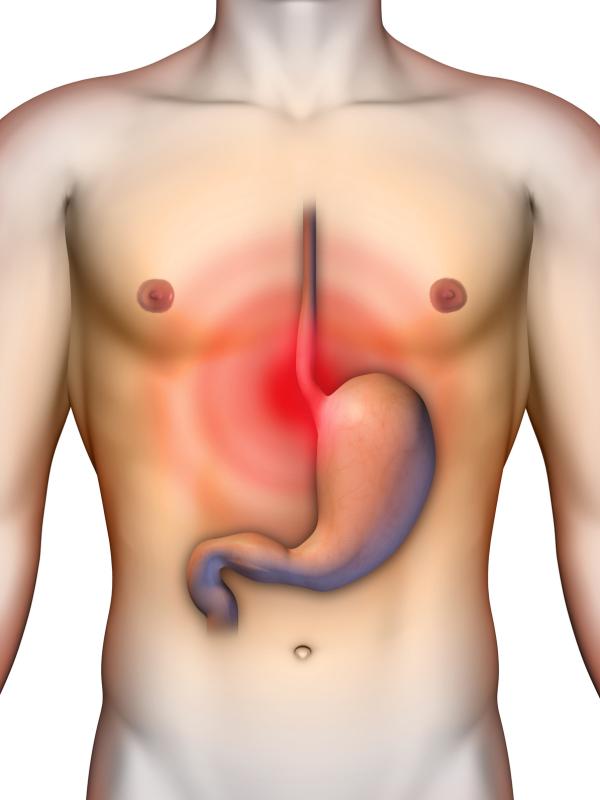
Use of the bile acid sequestrant IW-3718 as an adjunct to proton pump inhibitor (PPI) therapy is well tolerated and reduces heartburn and regurgitation symptoms in patients with refractory gastro-oesophageal reflux disease (GERD), according to the results of a trial.
A total of 280 GERD patients, stratified by esophagitis status, were randomly assigned to receive placebo or IW-3718 (500, 1,000 or 1,500 mg) twice daily, with ongoing label-dose PPI, for 8 weeks. The most commonly used PPIs were omeprazole (58 percent), pantoprazole (11 percent) and esomeprazole magnesium (10 percent).
There was a dose-response trend observed in the primary endpoint of percent change in weekly heartburn severity score from baseline to week 8, with reductions of 46.0 percent with placebo, 49.0 percent with 500-mg, 55.1 percent with 1,000-mg, and 58.0 percent with 1,500-mg IW-3718 (p=0.02). Accordingly, the most pronounced differentiation was noted between the 1,500-mg dose and placebo (11.9 percent; p=0.04).
In addition, treatment with the 1,500-mg IW-3718 produced a significant reduction in weekly regurgitation frequency score from baseline to week 8 compared with placebo (–17.5 percent).
IW-3718 was well tolerated. Constipation was the most common adverse event (AE), occurring in 8.1 percent of patients receiving IW-3718 overall and in 7.1 percent of patients receiving placebo. There were no drug-related serious AEs reported.
The findings show that binding bile acids in the stomach to reduce the injurious effects of the refluxate may play a role in the management of patients with refractory GERD who were experiencing persistent reflux symptoms despite PPI therapy, researchers said, adding that the twice-daily 1,500-mg dose is appropriate for further development in confirmatory trials.